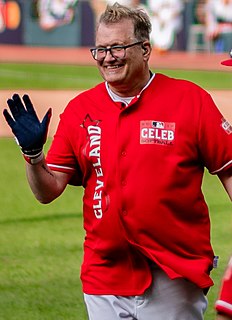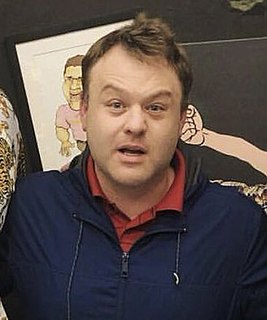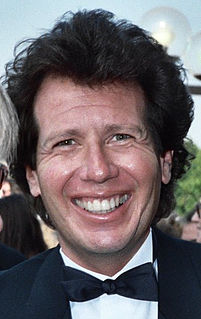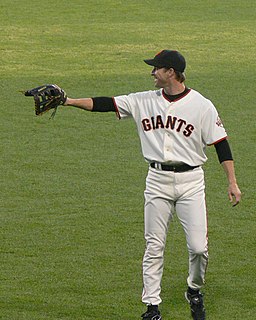A Quote by Stephen Colbert
You have to have a passionate opinion; otherwise you sound false. You end up telling the audience jokes they've already heard.
Related Quotes
There are jokes I know I want to tell, and there's sort of a rough order, but usually I try to change it up every show, to improvise and talk with the audience. I think when you tell jokes, if you're not careful, you can end up telling the whole list of jokes and then that's it. And that can get a little boring.
I make comedies and I always try... I don't try but I allow to have at least 5% of the jokes or have some jokes that I know will be understood by only about 5% of the audience. It's that guy in the corner who gets it and laughs. But he has to have his jokes too. That's part of my audience. Part of my audience is the people who will only get certain things.
































